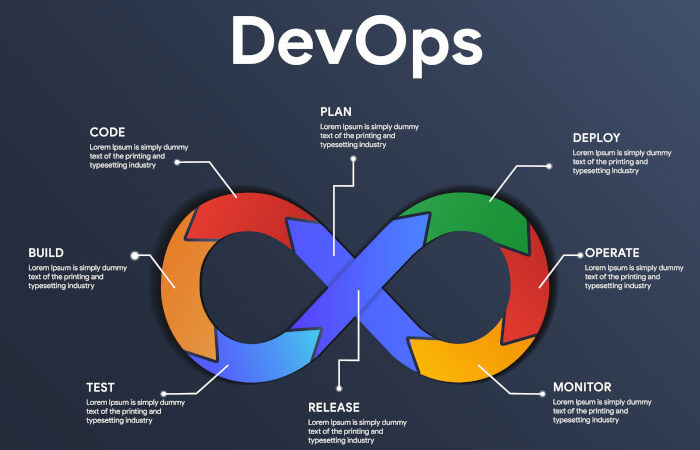Numba is a compiler for Python array and numerical functions that gives you the power to speed up your applications with high performance functions written directly in Python. Array-oriented and math-heavy Python code can be just-in-time optimized to performance similar as C, C++ and Fortran.
Numba uses the LLVM compiler infrastructure to compile Python to CPU and GPU machine code.
Numba needs llvmite, NumPy, and funcsigs. It’s compatible with Python 2.7 and 3.5 or later, and Numpy versions 1.7 to 1.14.
Features include:
- Speeds up operations written in Python.
- On-the-fly code generation (at import time or runtime, at the user’s preference).
- Native code generation for the CPU (default) and GPU hardware. It offers an efficient GPU code reduction algorithm for faster compilation.
- Integration with the Python scientific software stack (courtesy of NumPy).
- Aims to offer seamless integration with NumPy.
- It supports NumPy scalar types:
- Integers: all integers of either signedness, and any width up to 64 bits.
- Booleans.
- Real numbers: single-precision (32-bit) and double-precision (64-bit) reals.
- Complex numbers: single-precision (2×32-bit) and double-precision (2×64-bit) complex numbers.
- Datetimes and timestamps: of any unit.
- Character sequences (but no operations are available on them).
- Structured scalars: structured scalars made of any of the types above and arrays of the types above.
- Basic linear algebra is supported on 1-D and 2-D contiguous arrays of floating-point and complex numbers.
- NumPy arrays of any of the scalar types above are supported, regardless of the shape or layout.
- Supports top-level functions from the numpy.random module.
- Seeks to support as much of the Python language as possible.
- Support for Python features in CUDA Python.
- Uses contributions from Intel, via the ParallelAccelerator project, to speed up some operations by automatically parallelizing them.
- Supported platforms:
- Linux x86 (32-bit and 64-bit).
- Windows 7 and later (32-bit and 64-bit).
- OS X 10.9 and later (64-bit).
- NVIDIA GPUs of compute capability 2.0 and later.
- AMD APUs supported by the HSA 1.0 final runtime (Kaveri, Carrizo).
Website: numba.pydata.org
Support: Documentation, Mailing List, GitHub
Developer: Anaconda, Inc
License: BSD 2-Clause “Simplified” License
Numba is written in Python. Learn Python with our recommended free books and free tutorials.
| Popular series | |
|---|---|
| The largest compilation of the best free and open source software in the universe. Each article is supplied with a legendary ratings chart helping you to make informed decisions. | |
| Hundreds of in-depth reviews offering our unbiased and expert opinion on software. We offer helpful and impartial information. | |
| The Big List of Active Linux Distros is a large compilation of actively developed Linux distributions. | |
| Replace proprietary software with open source alternatives: Google, Microsoft, Apple, Adobe, IBM, Autodesk, Oracle, Atlassian, Corel, Cisco, Intuit, and SAS. | |
| Awesome Free Linux Games Tools showcases a series of tools that making gaming on Linux a more pleasurable experience. This is a new series. | |
| Machine Learning explores practical applications of machine learning and deep learning from a Linux perspective. We've written reviews of more than 40 self-hosted apps. All are free and open source. | |
| New to Linux? Read our Linux for Starters series. We start right at the basics and teach you everything you need to know to get started with Linux. | |
| Alternatives to popular CLI tools showcases essential tools that are modern replacements for core Linux utilities. | |
| Essential Linux system tools focuses on small, indispensable utilities, useful for system administrators as well as regular users. | |
| Linux utilities to maximise your productivity. Small, indispensable tools, useful for anyone running a Linux machine. | |
| Surveys popular streaming services from a Linux perspective: Amazon Music Unlimited, Myuzi, Spotify, Deezer, Tidal. | |
| Saving Money with Linux looks at how you can reduce your energy bills running Linux. | |
| Home computers became commonplace in the 1980s. Emulate home computers including the Commodore 64, Amiga, Atari ST, ZX81, Amstrad CPC, and ZX Spectrum. | |
| Now and Then examines how promising open source software fared over the years. It can be a bumpy ride. | |
| Linux at Home looks at a range of home activities where Linux can play its part, making the most of our time at home, keeping active and engaged. | |
| Linux Candy reveals the lighter side of Linux. Have some fun and escape from the daily drudgery. | |
| Getting Started with Docker helps you master Docker, a set of platform as a service products that delivers software in packages called containers. | |
| Best Free Android Apps. We showcase free Android apps that are definitely worth downloading. There's a strict eligibility criteria for inclusion in this series. | |
| These best free books accelerate your learning of every programming language. Learn a new language today! | |
| These free tutorials offer the perfect tonic to our free programming books series. | |
| Linux Around The World showcases usergroups that are relevant to Linux enthusiasts. Great ways to meet up with fellow enthusiasts. | |
| Stars and Stripes is an occasional series looking at the impact of Linux in the USA. | |
